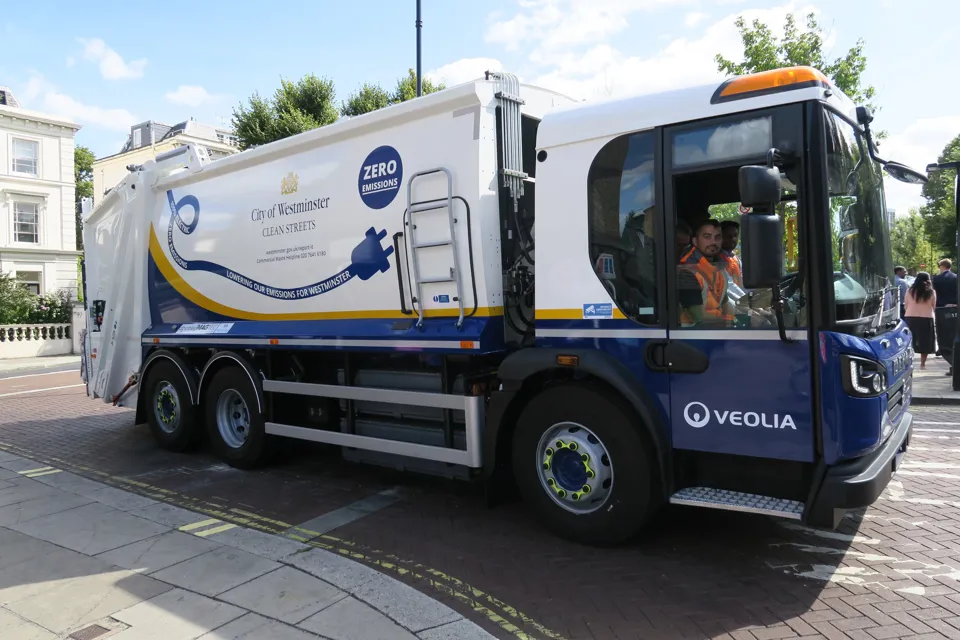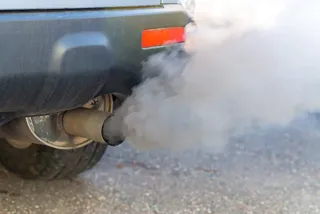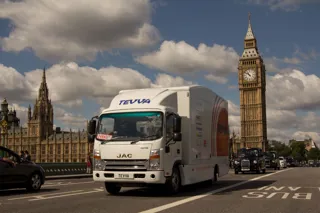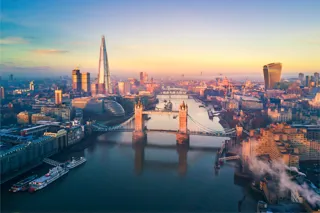Veolia has partnered with Westminster City Council, trialling two electric Refuse Collection Vehicles (eRCV) on the streets of London, in aid of its zero-emission plans.
The two 26 tonne collection vehicles previously ran on diesel and were due an upgrade.
However, the city Council have upcycled them with electric engines that will not only improve air quality, but will more than meet the requirements of the Ultra Low Emissions Zone in central London.
Gavin Graveson, executive vice president for Veolia UK and Ireland, said: “This project highlights Veolia’s ongoing investment in clean air solutions in London and across the UK.
“By converting existing vehicles and trialling alternative fleet solutions with forward thinking local authority partners like Westminster City Council, we are not only preserving resources but are lowering emissions and creating greener cities.”
The two-year trial is part of Westminster City Council and Veolia’s long-term plan to improve air quality and increase the number of electric vehicles on the city’s streets, creating a low-emission city in the process.
If the vehicles pass the trial period, they will make daily recycling and refuse collections cleaner and greener, and push London’s transition to zero-emission heavy goods vehicles in central London.
Tim Mitchell, Westminster City Council’s Deputy Leader, said: “Tackling pollution in London is an ongoing battle, and this pilot is just one of the many ways we’re making our daily operations cleaner and greener.
“I am proud to see electric vehicle innovation like this out on the streets of Westminster, keeping our borough clean without sacrificing air quality.”
The electric engine will only release power when the vehicle is in use, rather than running continuously, as its predecessor did.
This means that despite power-draining factors that include fluctuating vehicle weight, frequent stops and starts, and multiple operations of the bin lift, they are expected to efficiently run for a full shift with no emissions produced.





















Login to comment
Comments
No comments have been made yet.